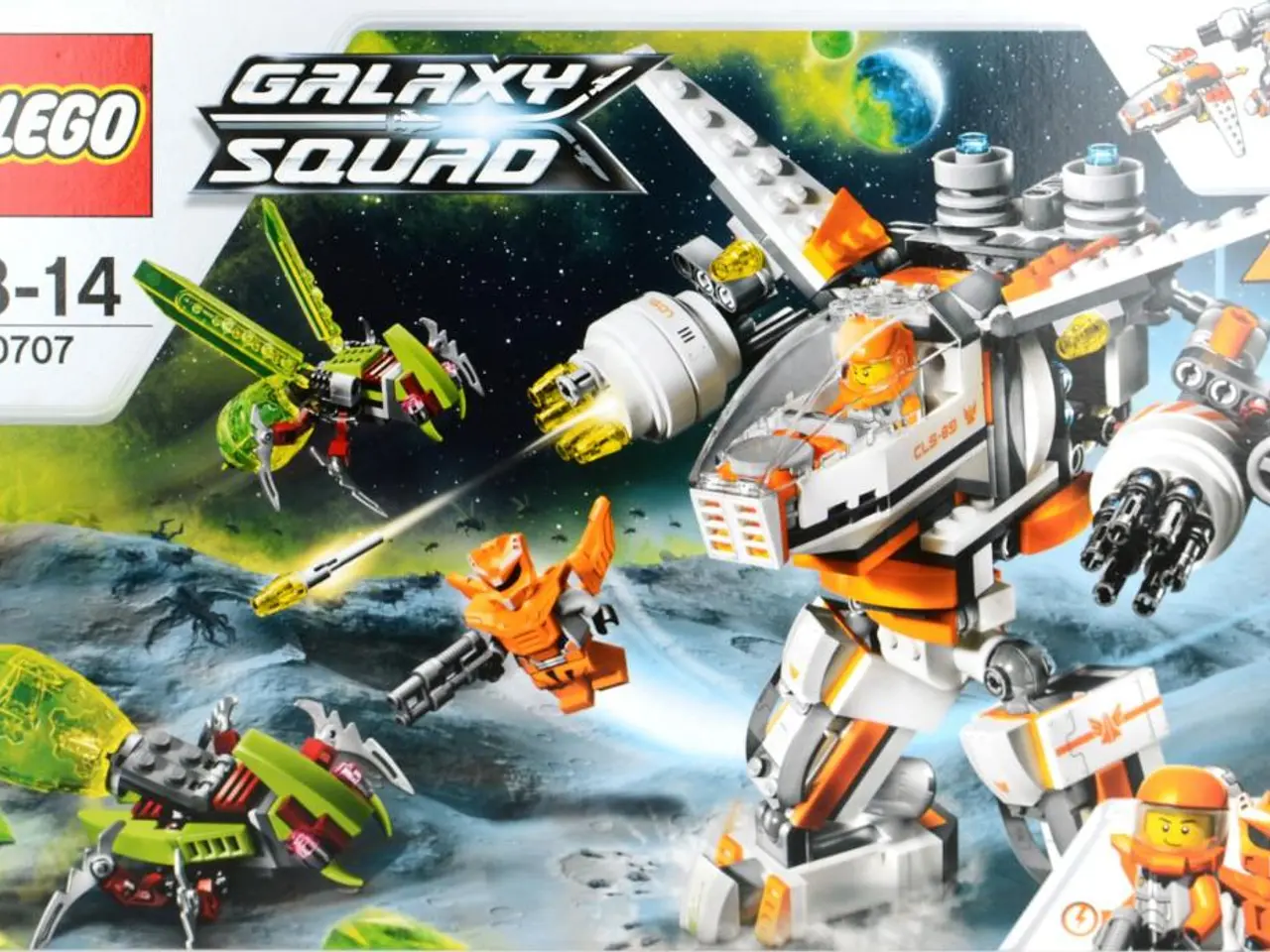Artificial Intelligence Decentralization: The Essential Role of Blockchain for Management
Blockchain technology, known for its transparency and security, is being explored as a means to govern AI systems in a decentralized manner. This approach offers several benefits and risks related to transparency, security, efficiency, and ethical concerns.
Benefits
Transparency and Trust
By creating tamper-evident audit trails for managing AI models, recording stakeholder identities, AI model intents, reviews, and experiments, blockchain provides a single source of truth. This enhances consumer trust in AI governance, fostering transparency and accountability [4].
Security and Automation
The integration of AI with blockchain can strengthen security by detecting threats, preventing fraud, and auto-freezing malicious smart contracts with faster response times than humans. Combining AI with blockchain can enhance robustness as networks scale [5].
Decentralized Decision-Making
Decentralized autonomous organizations (DAOs) using blockchain enable community-driven initiatives, fund management, and decentralized governance structures for AI projects, fostering innovation and inclusion [3].
Ethical and Quality Controls
Blockchain enables traceability and governance logs for AI models, which can help maintain ethical standards and track compliance with regulatory requirements [4].
Risks
Cognitive Erosion and Overreliance
Excessive automation in blockchain AI governance can degrade critical human cognitive skills like independent thinking and problem-solving, undermining governance quality and increasing vulnerability to oversight gaps [1].
Scalability and Performance
Blockchain’s fixed block size, high energy consumption, and time-consuming consensus can limit scalability and responsiveness, constraining the deployment of AI governance applications that require fast decision-making [2].
Power Centralization
Token-weighted governance often leads to concentration of influence among a few large holders, risking self-interested decisions that could harm the decentralized governance ideal [3].
Security Vulnerabilities
Integration of AI with blockchain expands the attack surface; risks include data poisoning, model reverse-engineering, adversarial inputs, and bias in AI models impacting threat detection [5].
Data Privacy Conflicts
Blockchain’s public data conflicts with AI’s data needs for training while preserving user privacy. Emerging technical solutions like homomorphic encryption and zero-knowledge proofs are needed but add complexity and overhead [5].
Legal and Regulatory Challenges
Decentralized governance and AI raise compliance difficulties and regulatory uncertainty impacting trust and adoption [2][3].
In summary, blockchain enhances AI governance by providing transparency, security, and decentralization, but risks remain related to cognitive impacts, scalability limits, centralization tendencies, technical vulnerabilities, privacy concerns, and regulatory obstacles. Careful design and ethical considerations are essential to leverage benefits while mitigating these risks.
Traditional AI development lacks mechanisms to reward verifiable contributions or penalize harmful behavior. However, blockchain-based solutions like DFL (decentralized federated learning) can address this issue by incentivizing high-quality updates and penalizing poisoning attempts, ensuring the integrity of the training process.
Moreover, security concerns arise if an AI relies on on-chain oracles or coordination, as an attack on the underlying blockchain could cascade into AI behavior. Trust in AI is not just about whether it works, but also who controls it, how it evolves, and whether its behavior can be audited.
Updates in DFL can be shared peer-to-peer, verified through consensus, and logged immutably. Public blockchains provide the rails for agent-to-agent coordination, enabling a marketplace of services for agents. Reputation can be quantified with Blockchain, using ABTs (AgentBound Tokens) to track an AI agent's conduct.
Decentralized storage systems like IPFS and solutions like DePIN enable infrastructure decentralization for AI workloads. AI is capable of analyzing markets, diagnosing diseases, writing code, and making hiring decisions, but these advancements also raise ethical and regulatory concerns that must be addressed.
- The integration of blockchain with AI governance can incentivize high-quality updates and penalize poisoning attempts, ensuring the integrity of the training process due to the reward mechanism in decentralized federated learning (DFL).
- As AI relies increasingly on blockchain for on-chain oracles or coordination, trust in AI becomes not just about its functionality, but also about who controls it, how it evolves, and whether its behavior can be audited, making potential attack points in the underlying blockchain a significant security concern.




